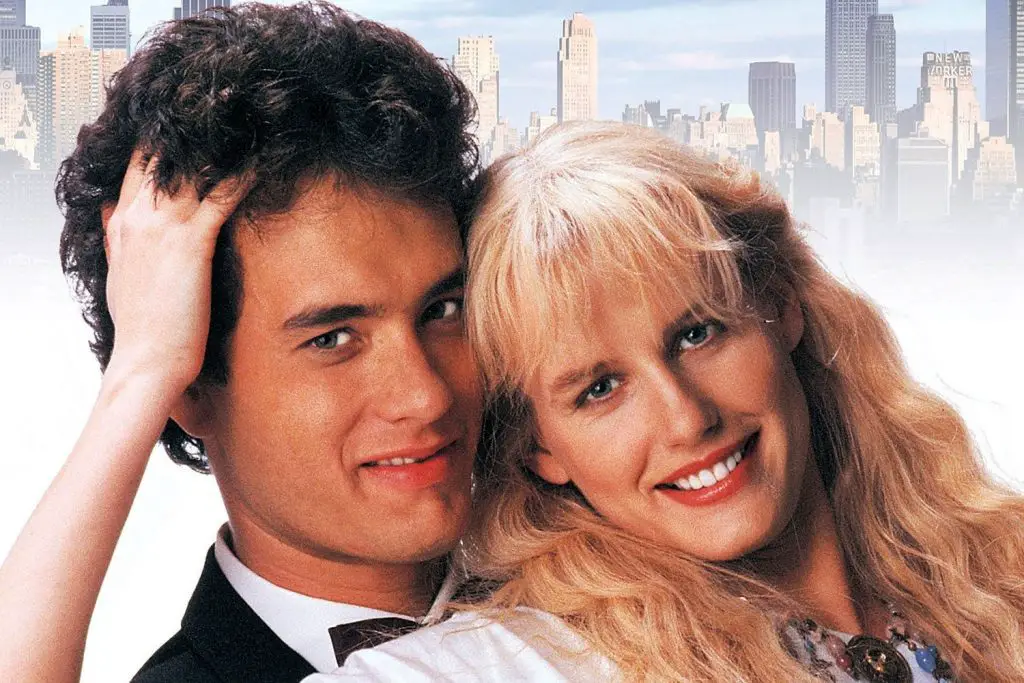In the vast universe of possibilities, the course of our lives hinges on choices. Sometimes, these choices are ours to make, and sometimes they are made by others that nonetheless send us spiraling down unforeseen paths. This phenomenon of seemingly unrelated decisions affecting another person’s life isn’t unique to the average individual; it happens even to the most recognizable figures in the entertainment industry. Such is the case with Tom Hanks and Bill Murray, whose career trajectories were significantly altered by a decision made over three decades ago concerning the 1984 comedy film, “Splash.”
A Choice of Casting: Hanks or Murray?
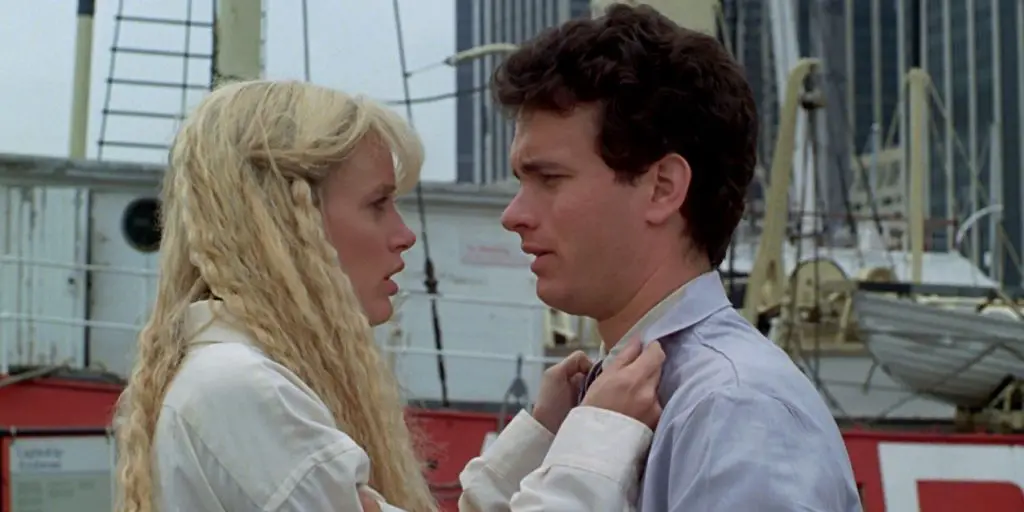
The task of casting for “Splash” presented a wealth of talent, with contenders like Dudley Moore, Kevin Kline, John Travolta, Michael Keaton, Jeff Bridges, Chevy Chase, and Richard Gere vying for the lead role of Allen Bauer. The producers, however, were drawn to comedy great Bill Murray. His string of successful comedies seemed to make him the perfect fit for this Ron Howard-directed classic.
But here’s where the unexpected came into play: Bill Murray declined the role, steering his young career towards drama.
Bill Murray’s Foray into Drama: A Risky Move
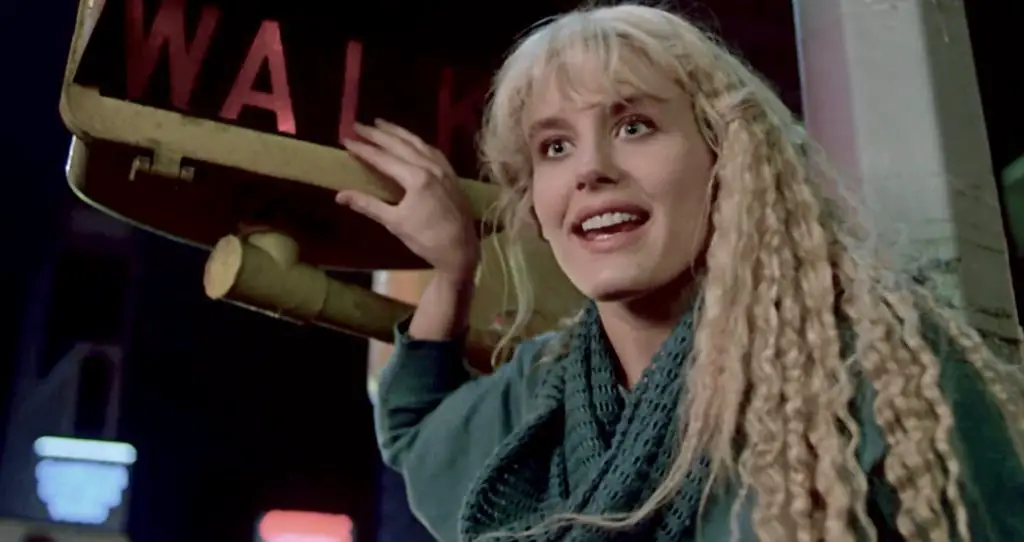
The lure of dramatic acting seemed more appealing to Murray, and he took on “The Razor’s Edge,” an adaptation of W. Somerset Maugham’s novel. This marked a stark departure from his comedy roots and resulted in a performance that didn’t resonate with the majority of audiences.
Murray’s fans and critics were taken aback by this abrupt genre switch. The film failed at the box office, but his sheer talent ensured that he remained a significant figure in Hollywood, allowing him a second chance at dramatic roles. Eventually, he found success with films like “Lost in Translation,” “Broken Flowers,” and various Wes Anderson collaborations, proving that he could span a broad acting range.
‘Splash’ Becomes Tom Hanks’ Breakthrough
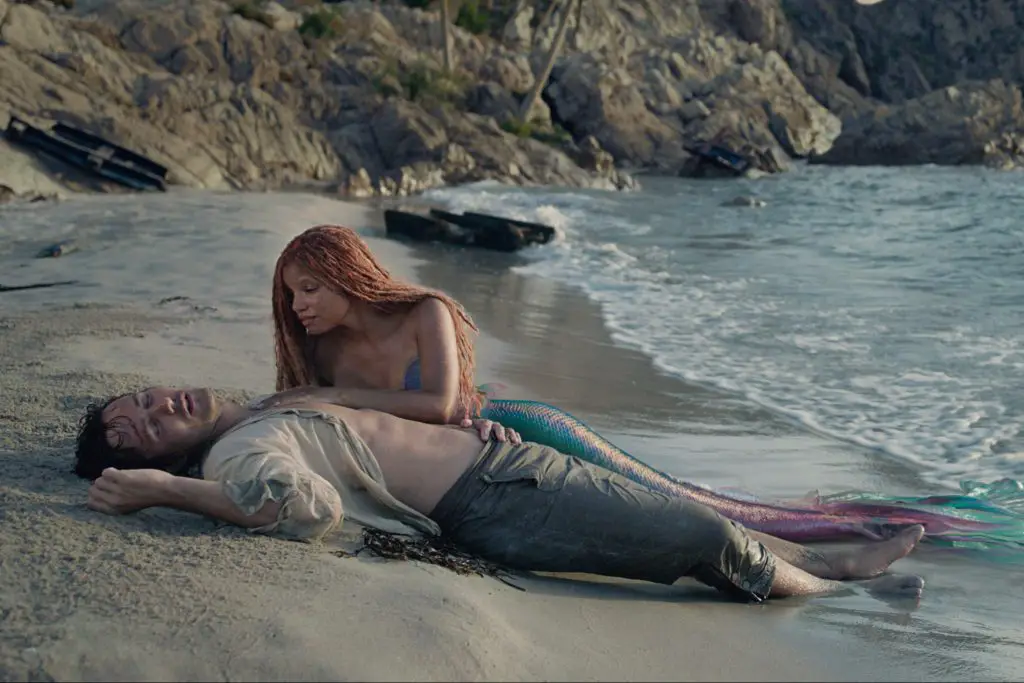
With Murray passing on “Splash,” Tom Hanks emerged from the pack, landing the leading role. Audiences meet Allen, a character imbued with charm and innocence by Hanks, who falls in love with a mermaid, Madison (Daryl Hannah). The story unfolds as Allen discovers his boyhood fantasy of being rescued by a young mermaid was indeed true.
With a cast featuring comedic talents like John Candy and Eugene Levy, “Splash” achieved great success, earning an Academy Award nomination for Best Original Screenplay. It cemented Hanks’s status as a leading comedy actor and launched him into a career filled with hits like “Bachelor Party” and “The Money Pit.”
Tom Hanks’ Golden Transition to Drama
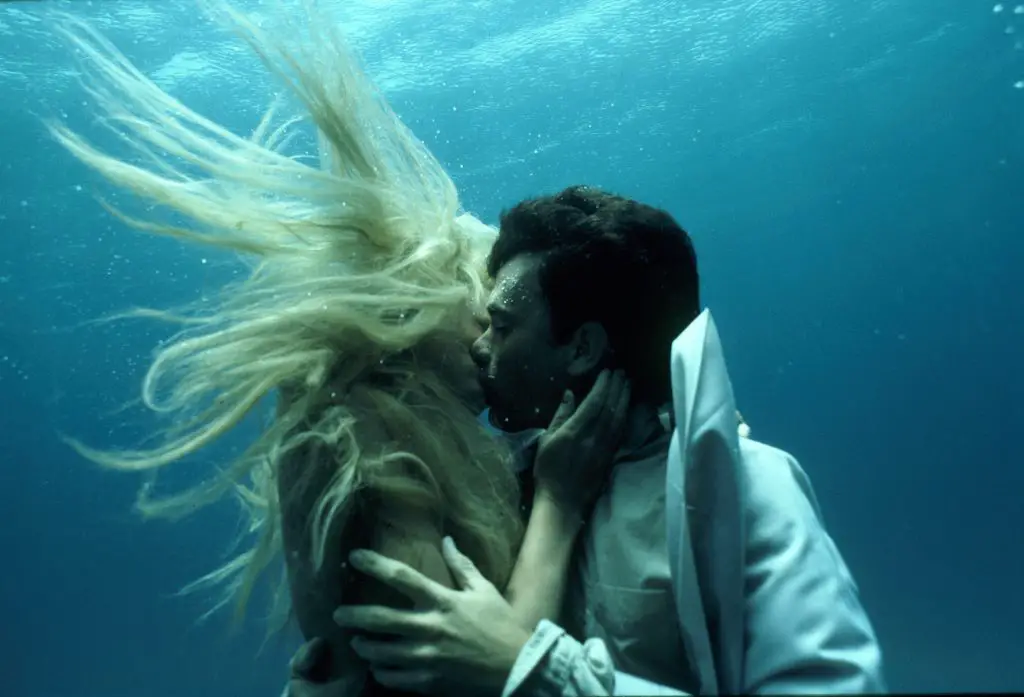
While Murray’s transition to drama was immediate, Hanks took his time, gradually moving into more serious roles. His turn to drama was more fluid, culminating in 1993’s “Philadelphia,” where he played Andrew Beckett, a character battling discrimination due to his AIDS diagnosis.
Hanks’s portrayal earned him an Academy Award for Best Actor and set him on a course to star in dramatic hits like “Forrest Gump,” “Apollo 13,” and “Saving Private Ryan.” Unlike Murray, Hanks didn’t face initial rejection in his transition, but rather embraced an evolution that was rewarded by audiences and critics alike.
The Impact of One Decision on Two Careers
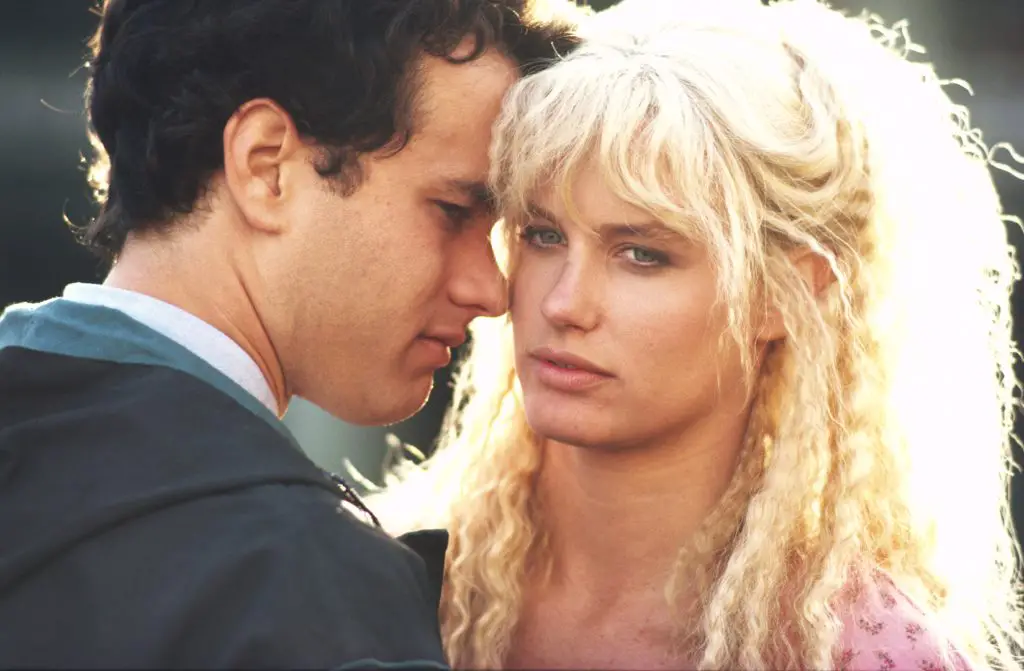
One can only speculate what “Splash” might have been like if Bill Murray had taken on the role of Allen Bauer. His distinct humor and style might have given the film a different tone, perhaps losing the charm and innocence that Hanks brought to the character.
Both actors, through their unique journeys, have showcased their talents across comedy and drama, offering audiences a wealth of memorable performances. While Murray was fortunate to overcome his initial dramatic misstep, Hanks’s seamless transition led him to esteemed recognition.
Conclusion
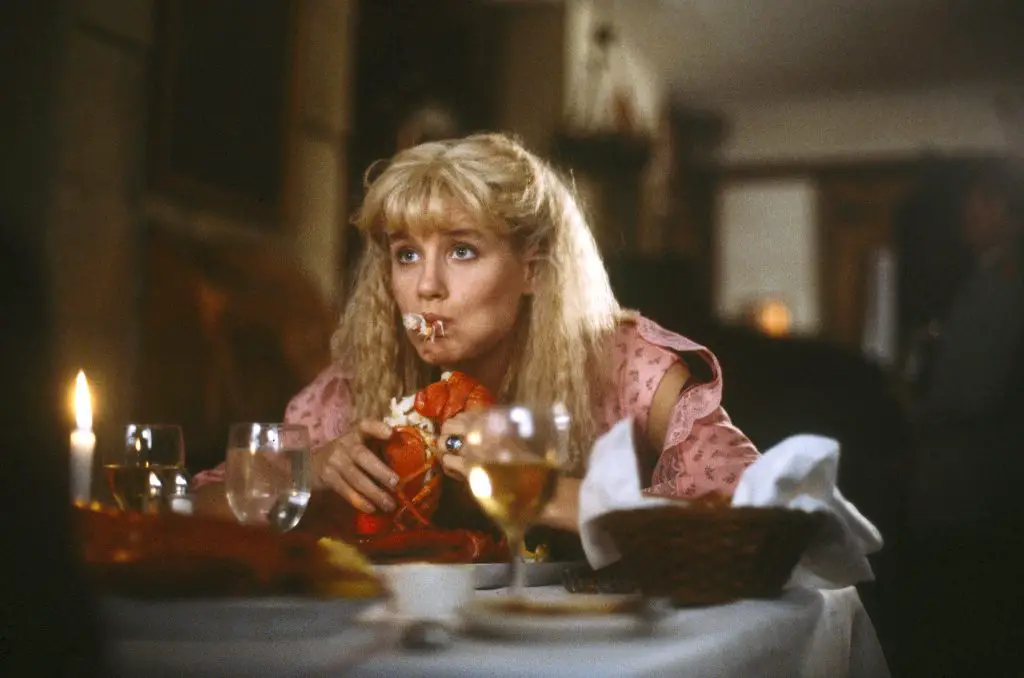
The crossroads faced by Bill Murray and Tom Hanks in relation to “Splash” wasn’t just a simple casting decision but a defining moment in both their careers. Murray’s brave but initially unsuccessful leap into drama created an opportunity for Hanks, who not only excelled in comedy but also transitioned gracefully into dramatic roles. The ‘what could’ve been’ remains a fascinating hypothetical, but the ‘what was’ is an incredible testament to both actors’ talents and adaptability. Their journeys, each with its twists and turns, continue to entertain and inspire audiences, and all this was set in motion by one choice: Murray’s decision not to star opposite a fish.


